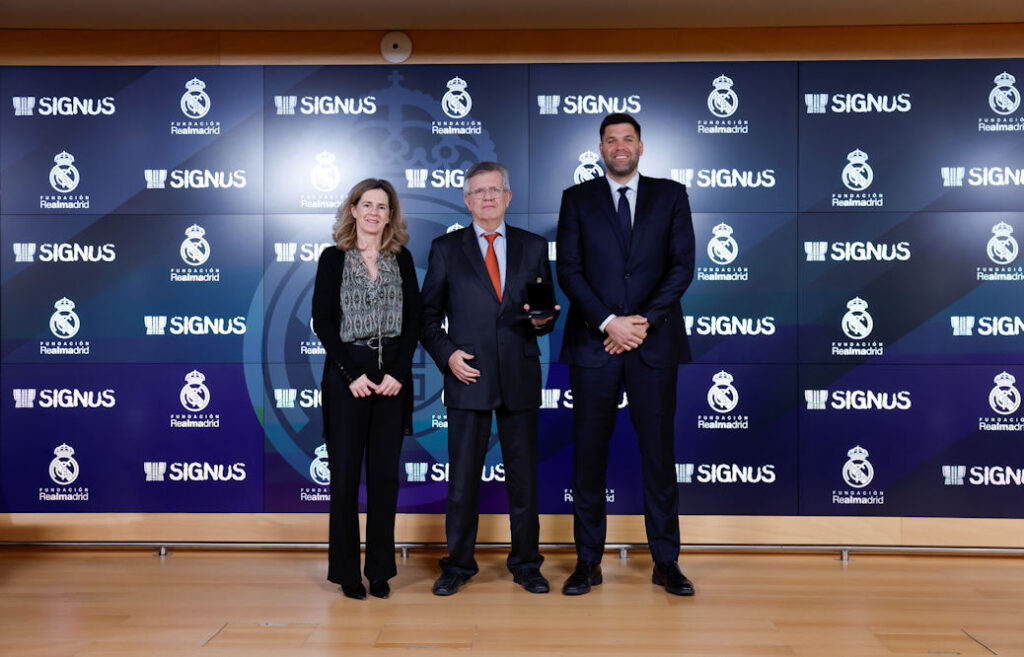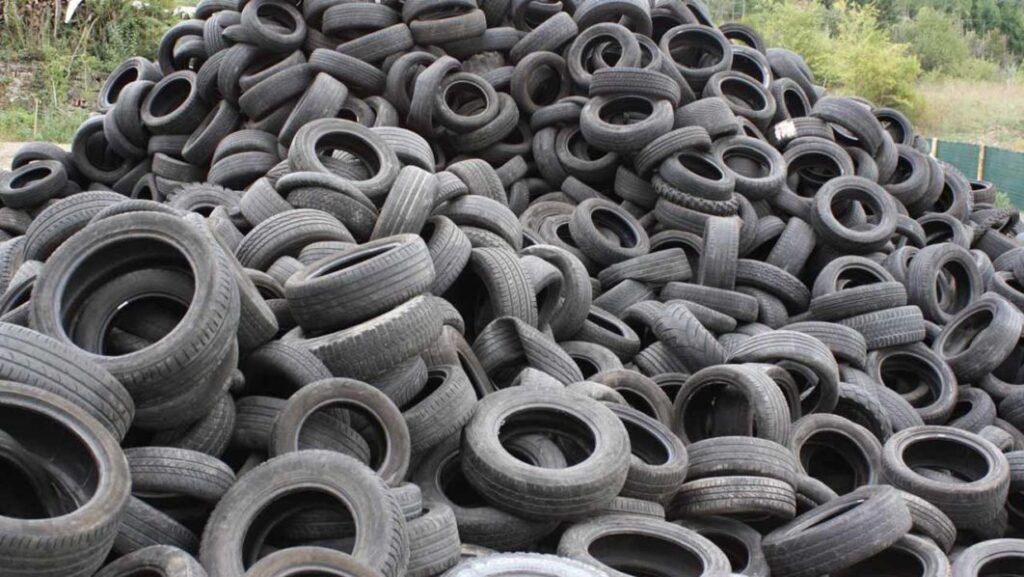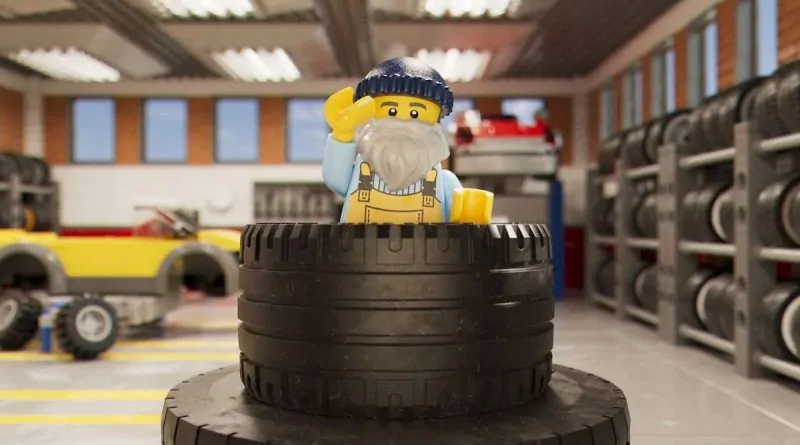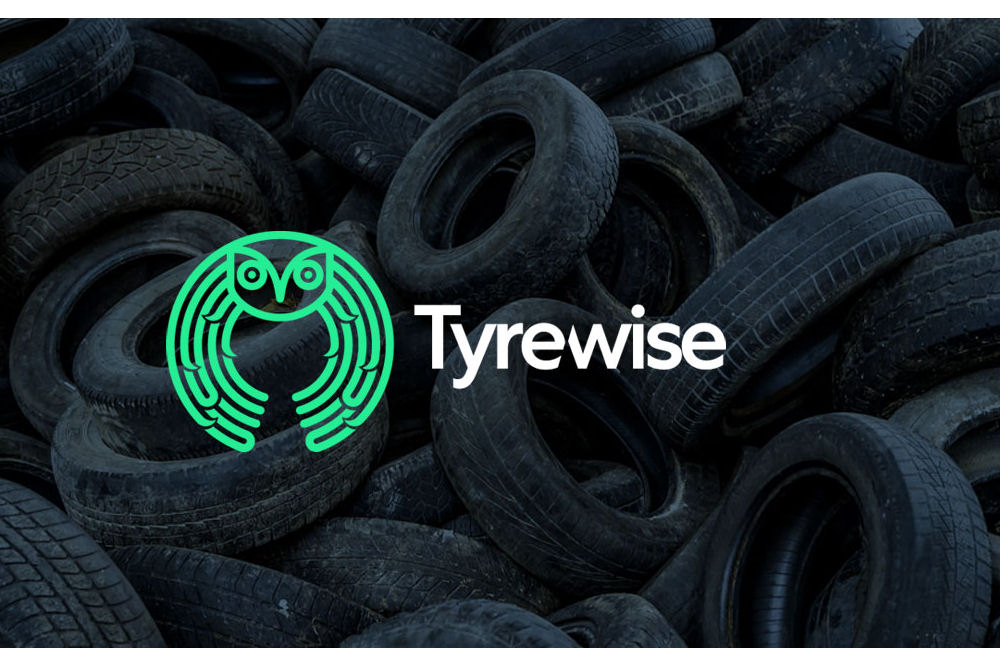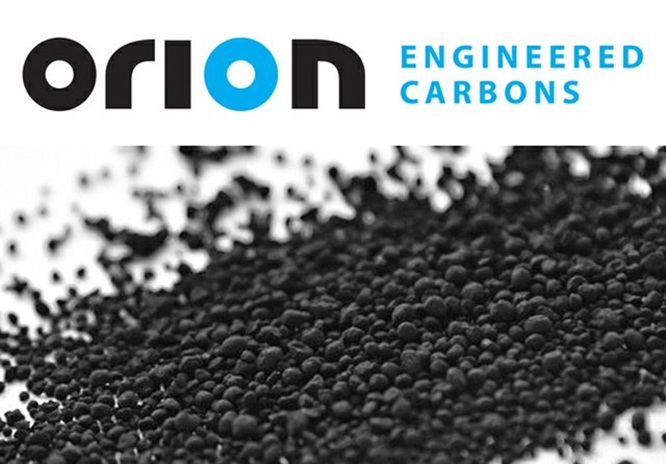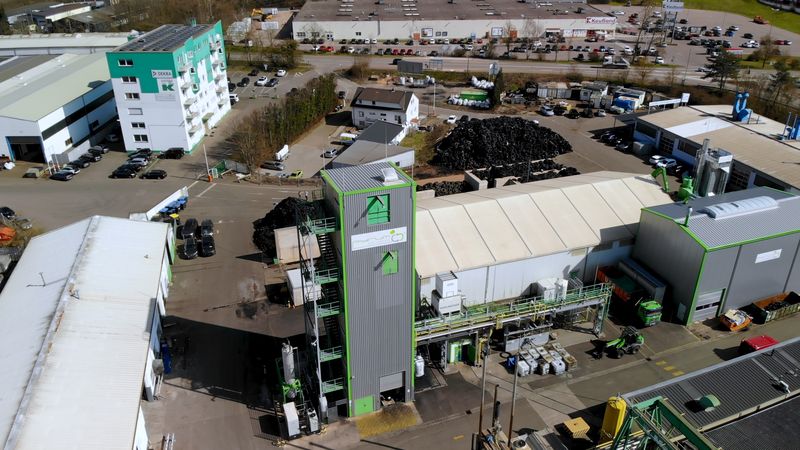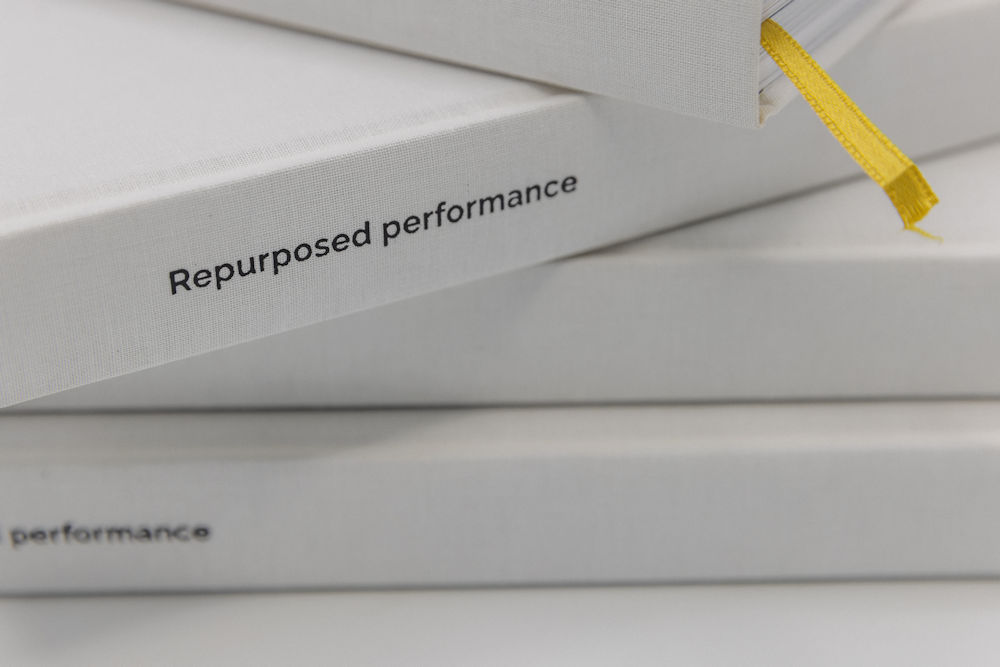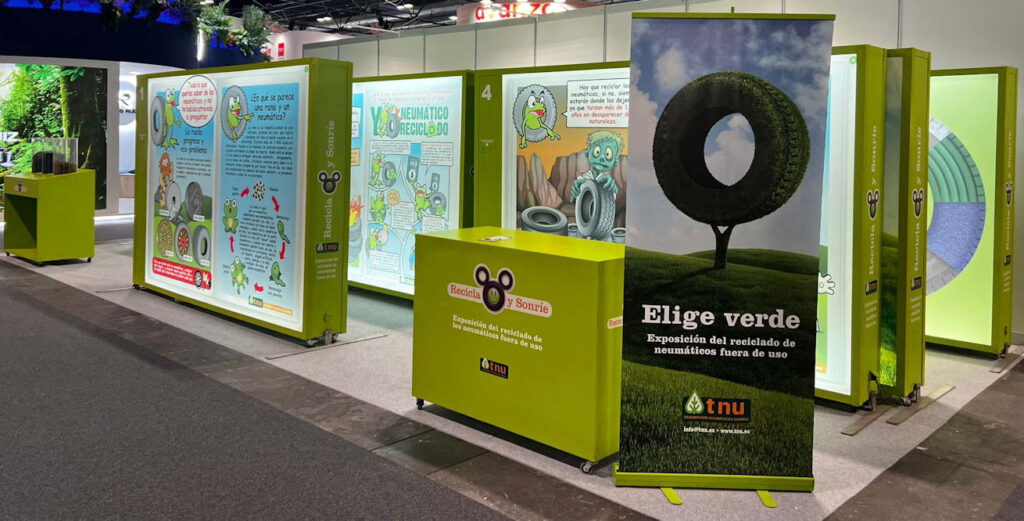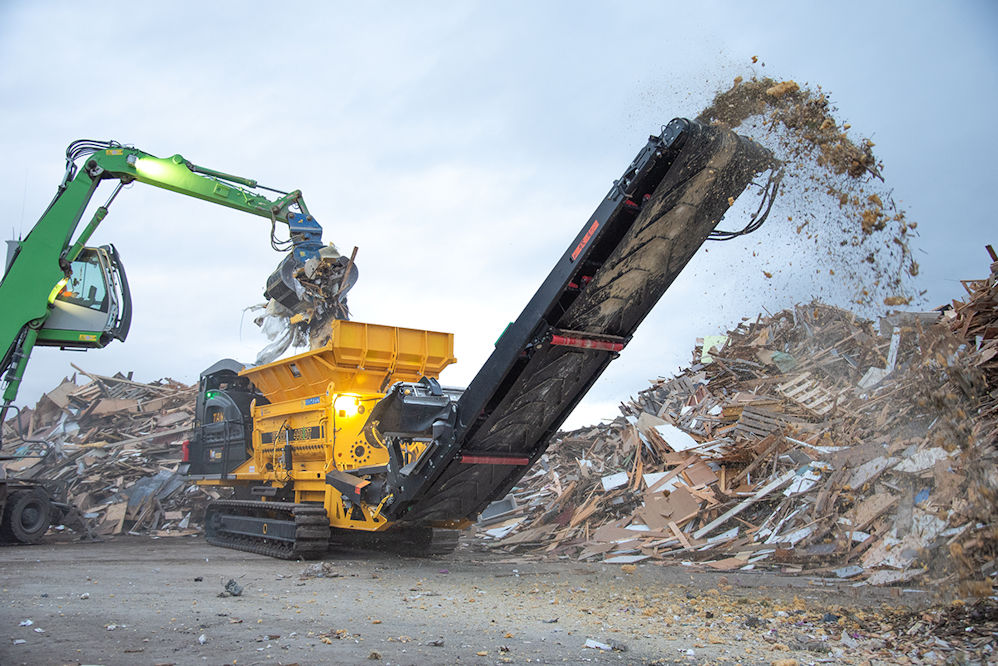For the sixth consecutive year, the collective end-of-life tyre management system, Signus, has renewed its collaboration with the Real Madrid Foundation
In a meeting held at the Real Madrid City auditorium, Real Madrid ambassador Felipe Reyes welcomed Gabriel Leal, General Director of Signus, to formalise the renewal of the collaboration agreement between the two entities.
This collaboration is essential for the sustainability of the Real Madrid Foundation wheelchair basketball social sports school in Getafe, which is held at the Jorge Guillén Primary School.
This programme serves a dozen children with physical disabilities, between the ages of 8 and 20, providing them with the opportunity to play sports and develop social skills.
Signus has demonstrated a strong commitment to this cause, visiting the beneficiaries each season, along with Felipe Reyes, who emphasised; “Every training session and every moment on the court represents an opportunity to strengthen the autonomy, self-esteem, and teamwork of our beneficiaries.”
For his part, Gabriel Leal, General Manager of Signus, expressed his satisfaction with this collaboration, underscoring the importance of working together for a more sustainable future.
Six seasons ago, Signus joined other organisations that collaborate with the Real Madrid Foundation’s Circular Economy projects. Together, they promote values-based education through sports, such as in the social sports schools for soccer and basketball. This collaboration reflects the conviction that educating about respect for the environment is essential to building a better world. The Real Madrid Foundation is committed to promoting social integration and inclusion, including care for people with disabilities. For this reason, in 2013 the Foundation launched its wheelchair basketball social sports school program to serve this group.

